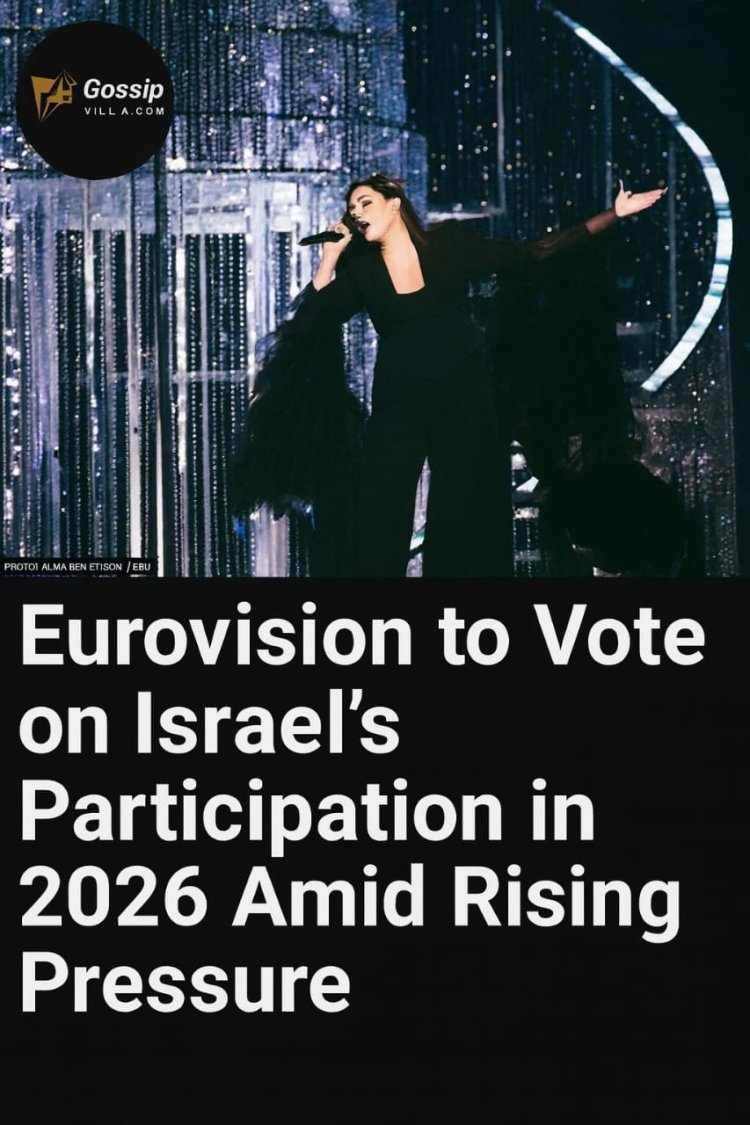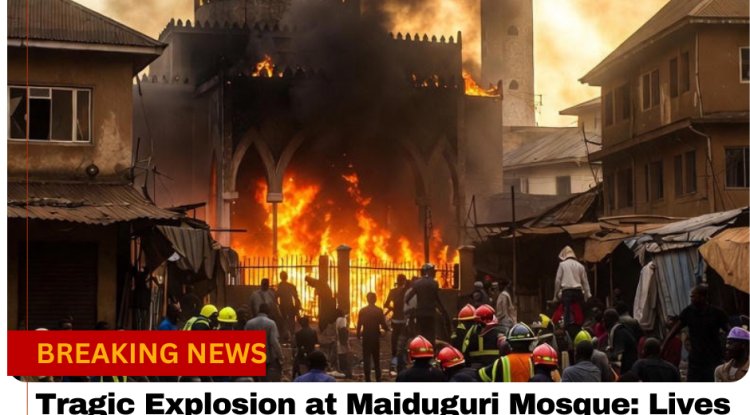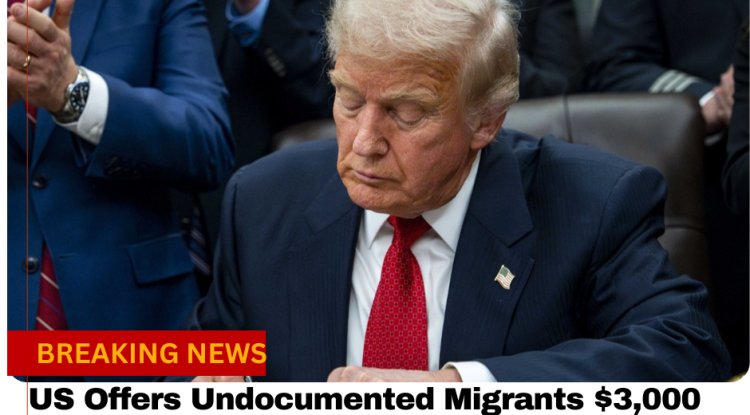Eurovision 2026: EBU to Vote on Israel’s Participation Amid Gaza Conflict
Eurovision 2026: EBU to Vote on Israel’s Participation Amid Gaza Conflict
The EBU schedules an extraordinary vote in November 2025 to decide Israel’s participation in Eurovision 2026.
The European Broadcasting Union (EBU) has confirmed that an extraordinary online General Assembly will be held in early November 2025 to determine whether Israel’s public broadcaster, KAN, can participate in the Eurovision Song Contest 2026, set to take place in Vienna, Austria. This unprecedented vote follows intense discussions within the EBU Executive Board, which failed to reach a consensus on Israel’s involvement due to what EBU President Delphine Ernotte-Cunci described as an “unprecedented diversity of views.” The decision to involve all 68 member broadcasters in the vote reflects the EBU’s recognition that the issue requires a broader democratic process, a first in Eurovision’s history. The outcome, expected by early November, will impact the final lineup for the 70th edition of the contest, with a participation deadline set for mid-December. This move underscores the growing tension surrounding Israel’s role in the culturally significant event.
Calls for Israel’s exclusion stem from its actions in the Gaza conflict, prompting boycott threats from multiple countries.
The decision to hold a vote on Israel’s participation in Eurovision 2026 is driven by mounting pressure from several European nations, including Ireland, Spain, the Netherlands, Slovenia, and Iceland, who have threatened to boycott the contest if Israel is allowed to compete. These countries cite Israel’s ongoing military actions in Gaza, which a United Nations Commission of Inquiry concluded in September 2025 constituted genocide, as a reason for their stance. The controversy has intensified following protests at the 2024 and 2025 Eurovision events in Malmö, Sweden, and Basel, Switzerland, where pro-Palestinian activists demanded Israel’s exclusion, drawing parallels to the EBU’s past decisions to bar Russia in 2022 over its invasion of Ukraine and Belarus in 2021 for media crackdowns. The calls for a boycott highlight the challenge of maintaining Eurovision’s “United by Music” ethos amid politically charged debates.
An absolute majority is needed to exclude Israel, with KAN defending Eurovision’s apolitical nature.
According to the EBU, an absolute majority—more than 50% of validly cast votes from its 68 member broadcasters—is required to exclude Israel’s KAN from Eurovision 2026, as clarified by EBU spokesperson Dave Goodman. However, KAN has argued that EBU statutes typically require a 75% supermajority for extraordinary decisions, such as expelling a member, and emphasized that excluding Israel could set a precedent with “wide-ranging implications.” In a statement, KAN expressed hope that Eurovision would “continue to uphold its cultural and non-political identity,” highlighting its long-standing participation since 1973, with four wins, including Yuval Raphael’s second-place finish in 2025. The vote’s outcome hinges on the EBU’s diverse membership, with countries like Germany and Austria supporting Israel’s inclusion, while others, including Belgium, Sweden, and Finland, are still deliberating.
The vote reflects Eurovision’s struggle to balance cultural unity with political tensions.
The upcoming vote on Israel’s participation underscores Eurovision’s delicate balancing act between its mission as a cultural event and the political realities affecting its members. Historically, Eurovision has aimed to remain apolitical, as seen in its 2024 decision to allow Israel’s entry after revising the song title from “October Rain” to “Hurricane” to avoid references to the Hamas attack on October 7, 2023. However, the growing boycott threats from prominent broadcasters like Spain’s RTVE and Ireland’s RTÉ, alongside public protests, have forced the EBU to confront the issue head-on. The decision could influence future participation rules, especially as the EBU has previously excluded nations like former Yugoslavia in the 1990s due to UN sanctions. The vote’s outcome will likely shape perceptions of Eurovision’s commitment to unity and neutrality in an increasingly polarized world.
In conclusion The November 2025 vote could redefine Eurovision’s legacy s extraordinary General Assembly vote in November 2025 on Israel’s participation in Eurovision 2026 represents a pivotal moment for the contest, which has long stood as a beacon of cultural unity since its inception in 1956. With Bad Bunny announced as the halftime performer for Super Bowl LX in the same year, global entertainment is under scrutiny for how it navigates political controversies. The decision on KAN’s inclusion will not only determine Israel’s place in Vienna but also set a precedent for how Eurovision addresses politically charged issues moving forward. Whether the vote results in Israel’s exclusion or continued participation, it will reflect the EBU’s efforts to maintain Eurovision’s apolitical ethos while responding to the demands of its diverse membership. As the world awaits the outcome, the vote underscores the power of music to both unite and divide in times of global tension.
News source : CNN news
What's Your Reaction?






















